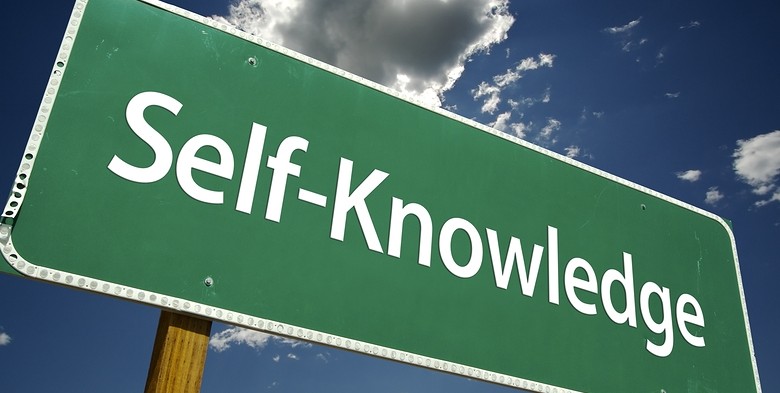The stories we tell about our experiences shape who we are and who we are becoming, perhaps even more so than the experiences themselves. We gain self-awareness through the stories we tell.
Life is full of daily lessons. We interpret experiences; tag them as good, bad or neutral; file them into memory (or not); and create stories about ourselves. If you want self-awareness, take a look at how experience shapes you and your life stories.
“Many leaders point to their childhoods as the source of important ideas and values, and the time when they began to develop emotional energy and edge.” ~ Noel M. Tichy, The Leadership Engine
Our stories are, in fact, quite loosely “based on a true story,” as the tagline boasts in movies and books. It’s not about what actually happened, but what we remember and use to form a story that joins our library of experiences. As Gail Sheehy notes in New Passages:
“The mind is formed to an astonishing degree by the act of inventing and censoring ourselves. We create our own plot line. And that plot line soon turns into a self-fulfilling prophecy.”
Psychologists have found that the way we tell our stories becomes habitual. Our perceptions of ourselves and others dictate how our stories define, defend and justify our actions and identity.
The Past as Prologue: Clues to the Future
Each of us has values and assumptions about the way the world operates. We believe people are generous or selfish, friendly or competitive, in control of their destiny or victims of circumstance.
These views are formed in early childhood as responses to past experiences. We seldom recognize the origins of these beliefs and rarely take time to examine them.
Successful people continually explore their assumptions and beliefs. They trace their prejudices back to childhood sources. They’re willing to learn from their experiences and shift their worldviews. They know that what they remember isn’t always the truth, but the story they formed at the time.
People who want to succeed in life are willing to consciously examine and question their stories. They use their past as a prologue to their future selves. They reframe their stories to learn from the past.
I’m sure you’ve already done this and may be quite good at it. Example: when you have a job interview, you reframe and revise career stories to your advantage. You highlight your strengths and achievements and minimize failures.
I’m suggesting you do this more consciously. Increase your self-awareness through examining your life stories all the way back to childhood. This exercise will help you discover your authentic strengths and values. It provides self-awareness about pivotal moments that form who you are today.
In the work I do as a coach, we spend time reviewing past experiences and looking for the details that are crucial in forming and enhancing character. Your life stories can be used as both a teaching tool and a way for connecting and building trust with others.
If you want to improve your self-awareness, start by examining your childhood stories. Deep psychoanalysis is not required! You can begin with some writing exercises or work with a trusted friend, mentor or coach.
What do you think about this process? I’d love to hear from you. . call me.

Did You Enjoy This Article?
Join thousands of other smart business owners like yourself & get our Proffittable Times newsletter.
It's filled with actionable content you can apply immediately.
Sign up now to get started!
– Coach Nancy










